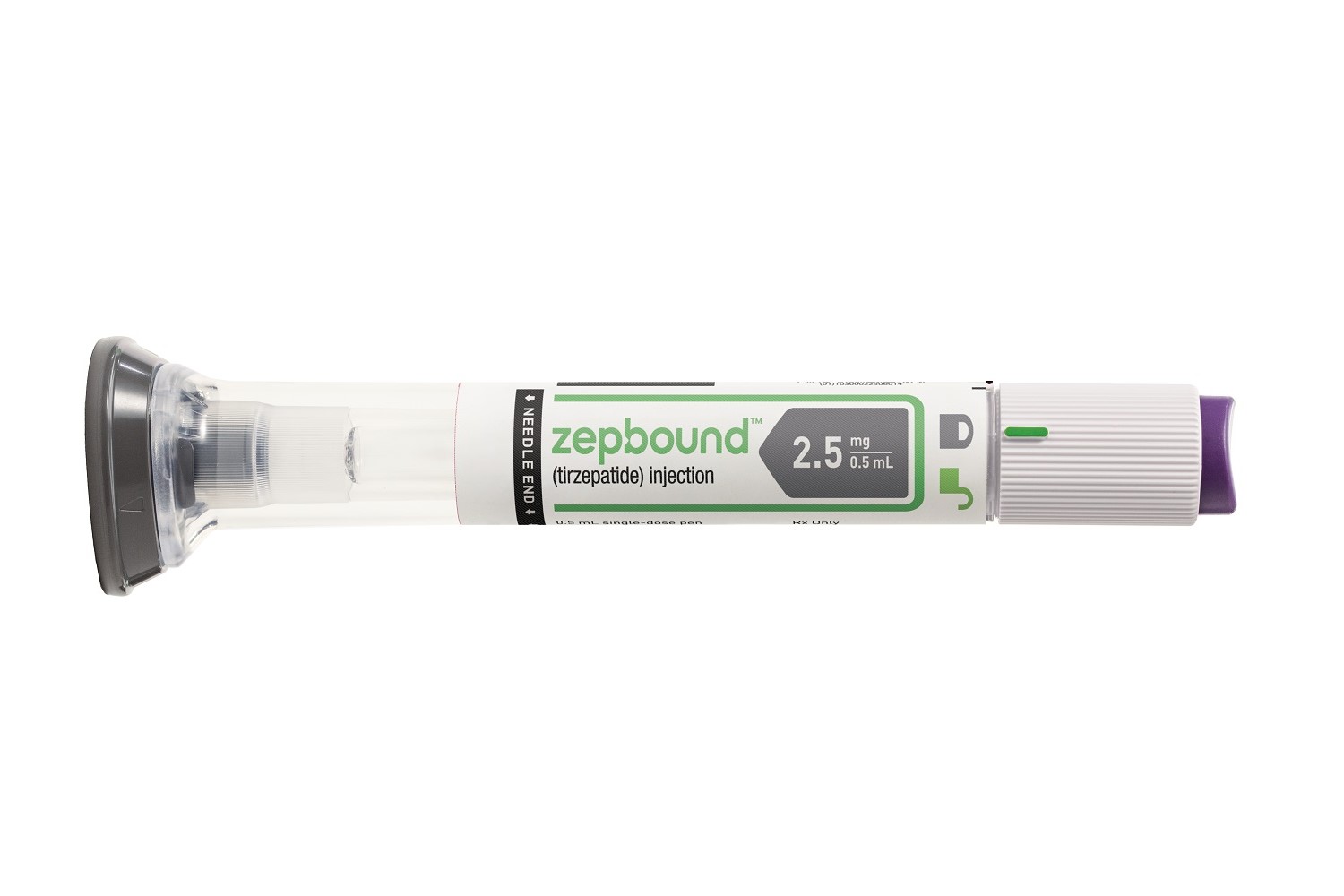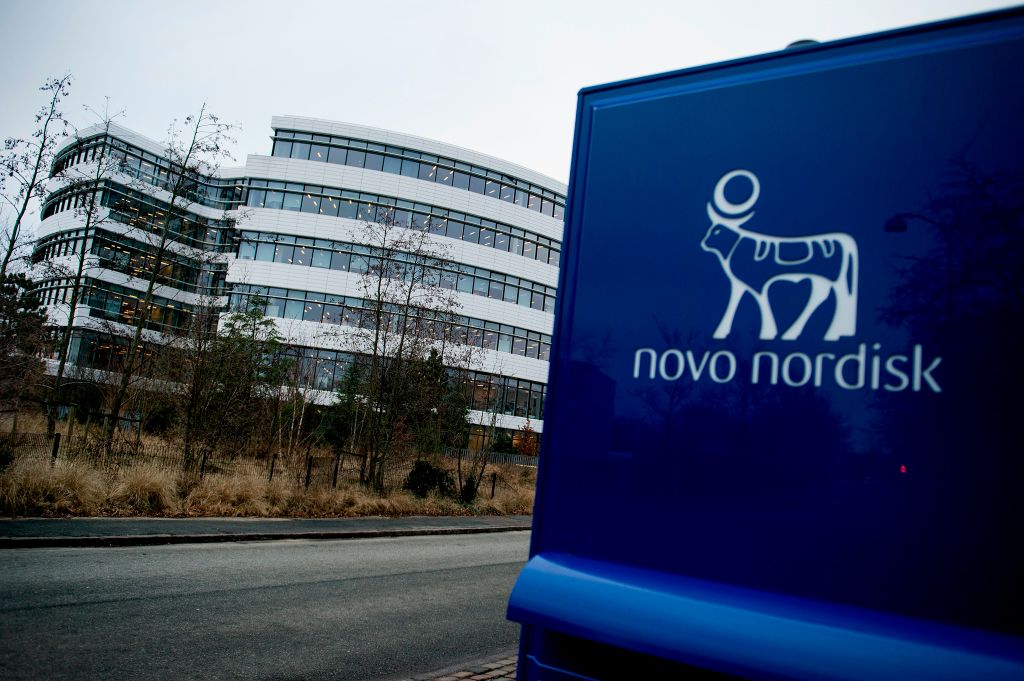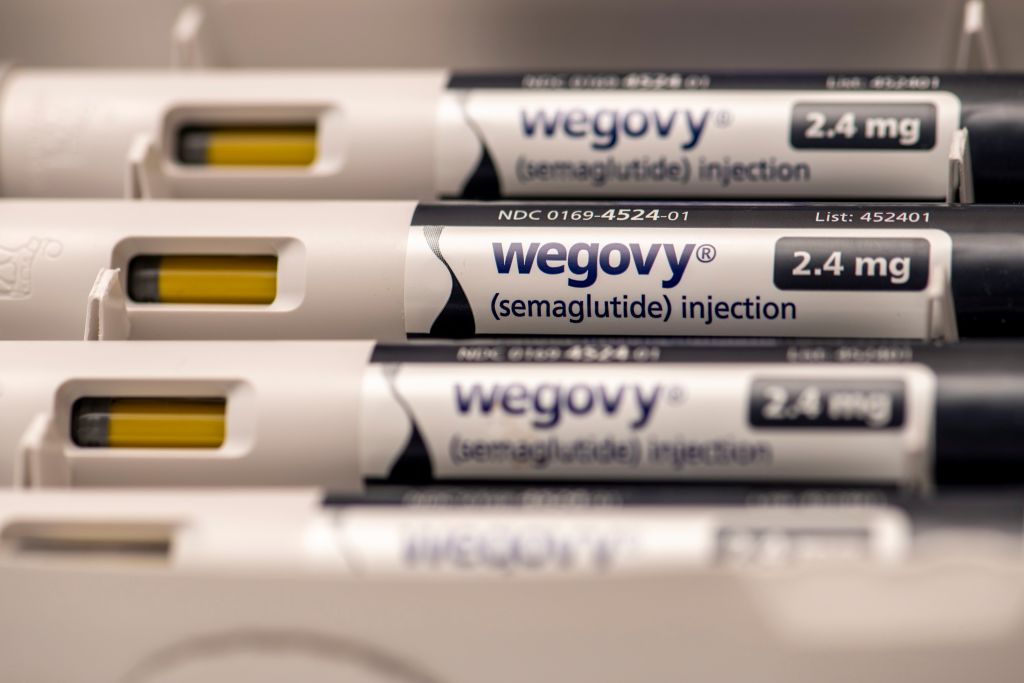
Could Trump do for Branded Expensive Drugs What He Just Did for GLP-1s?
The Trump administration’s new deal lowers prices and expands access to GLP-1 drugs, but experts argue far broader reforms are needed to address high prescription drug costs overall.















